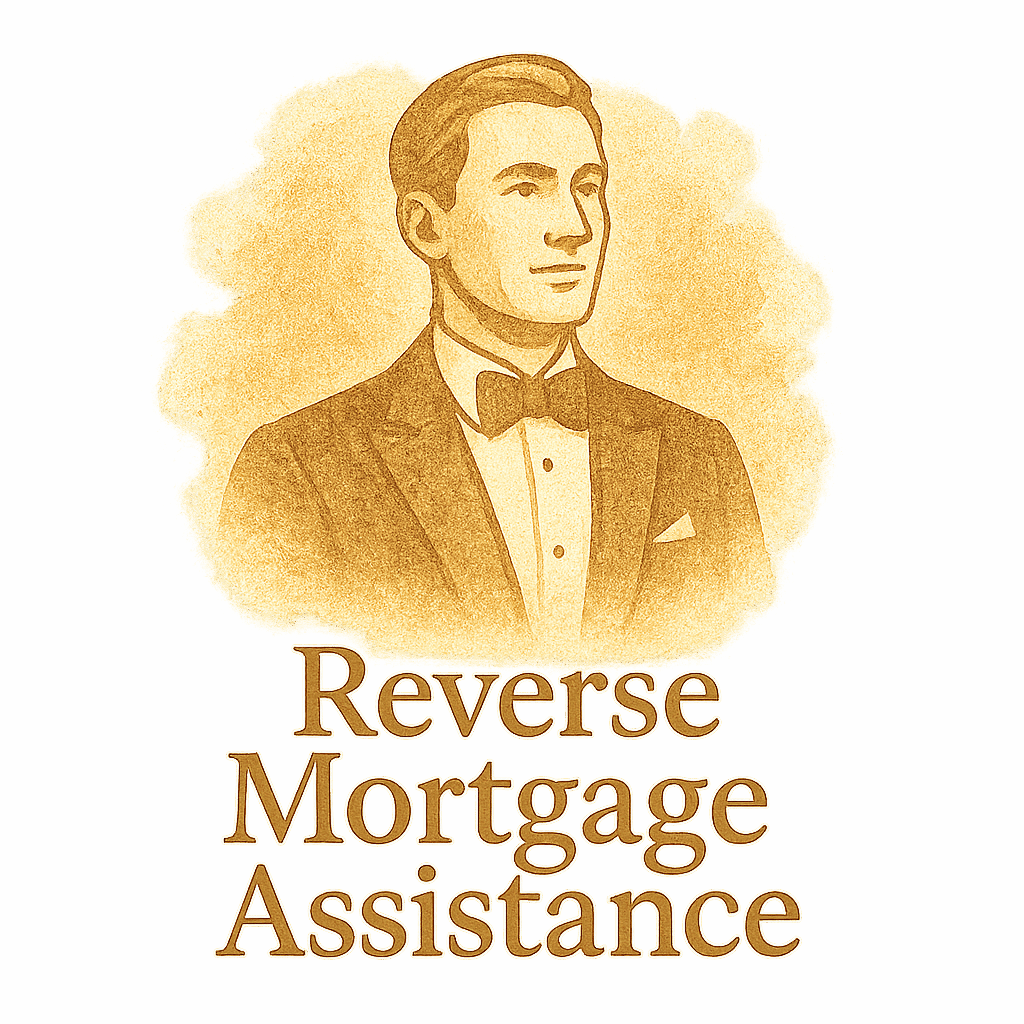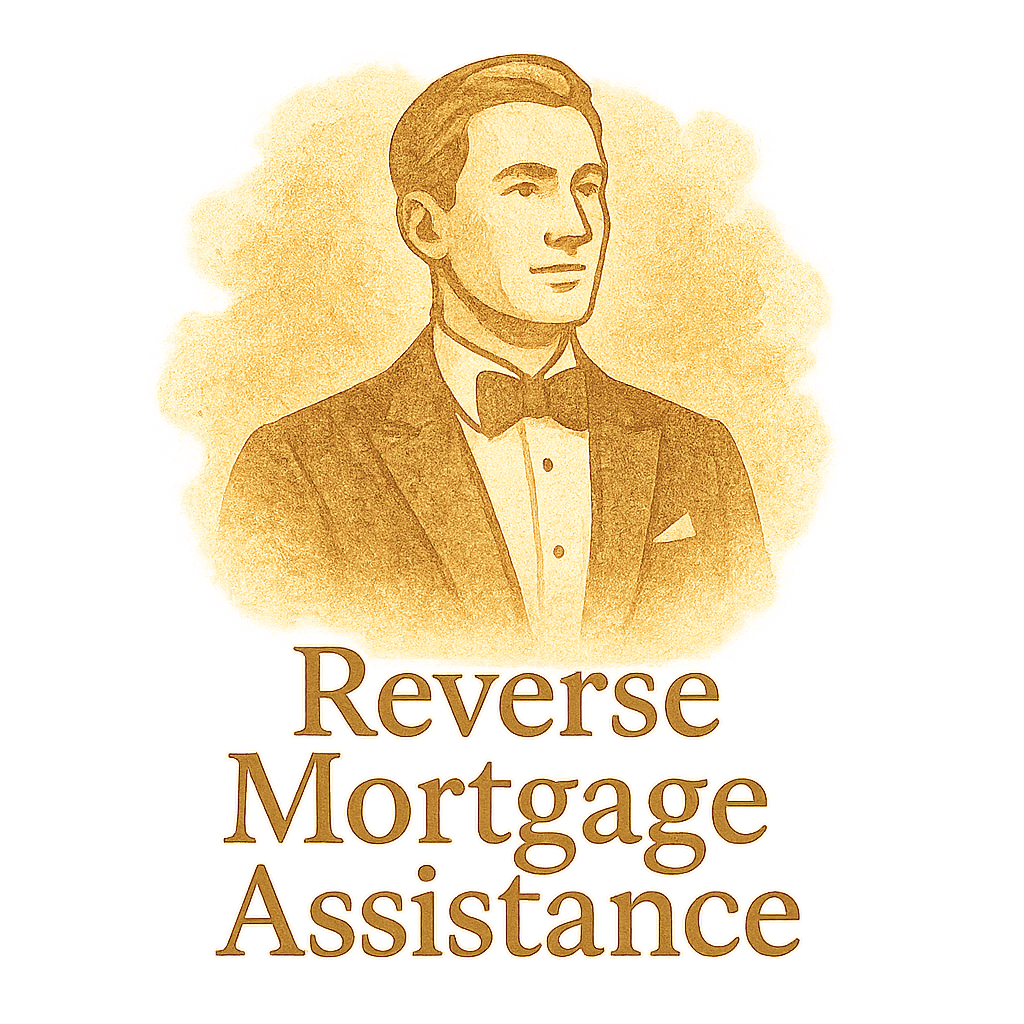Introduction
Reverse mortgages can be a powerful financial tool for retirees—but let’s be honest, the legal language in these contracts can be mind-numbing. If you’ve ever skimmed a reverse mortgage agreement and felt like you were reading ancient Greek, you’re not alone.
So let’s break it down—plain and simple.
In this article, we’re diving into the 8 essential legal terms you’ll find in every reverse mortgage contract. We’ll explain what they mean, why they matter, and how they impact your financial future.
And yes, we’re throwing in internal links to help you dig deeper into these topics with trusted sources like Reverse Mortgage Assistance.
Let’s decode the contract together.
1. Non-Recourse Clause
Why It Matters
The non-recourse clause is one of the most protective elements in a reverse mortgage. It means that you (or your heirs) will never owe more than the value of your home when the loan becomes due—even if the housing market takes a nosedive.
Pretty comforting, right?
How It Protects You
Even if your loan balance grows beyond your home’s value (thanks to interest and fees), the lender can’t come after your other assets. That’s what “non-recourse” is all about.
🔗 Learn more about reverse mortgage basics and legal terms.
2. Maturity Event
Triggering Conditions
A maturity event is what makes the reverse mortgage “come due.” Common examples include:
- Selling the home
- Passing away
- Moving out permanently (like into assisted living)
What Happens Next
Once a maturity event occurs, repayment is required. If your heirs want to keep the home, they’ll need to pay off the loan balance. Otherwise, the house may be sold.
🔗 Review related outcomes and mortgage myths for a better understanding.
3. Principal Limit
Loan Amount Cap
The principal limit is the maximum amount you can borrow through a reverse mortgage. It’s calculated based on:
- Your age
- The value of your home
- Current interest rates
Factors That Determine the Limit
Older borrowers usually qualify for more, thanks to life expectancy calculations and risk models.
🔗 For deep dives into loan comparison and mortgage planning, check out these guides.

4. Loan Origination Fee
What’s Included in the Fee
This fee covers the lender’s costs for processing your loan. It can include:
- Application processing
- Underwriting
- Title checks
Is It Negotiable?
Sometimes! Especially if you’re working with a lender who wants your business.
🔗 Compare loan fees and structures here.
5. Servicing Fee Set Aside (SFSA)
Ongoing Costs You Might Not Expect
SFSA is a portion of your loan set aside to cover future servicing costs. It’s not money you receive upfront, but it does reduce the total loan available to you.
Budgeting For SFSA
This is one of those sneaky fees that catches many borrowers off guard. Always ask your lender how much is being set aside and why.
🔗 Discover tips on preparation and budgeting.
6. Accrued Interest
How Interest Builds Over Time
Unlike traditional mortgages, you don’t pay monthly interest with a reverse mortgage. Instead, it accrues over time, adding to your loan balance.
Variable vs Fixed Interest
Rates can be fixed or variable. Variable rates might start lower but could increase over time.
🔗 Visit mortgage case studies to see how real people manage their interest.
7. Right of Rescission
Your Cooling-Off Period
After signing your reverse mortgage contract, you have 3 business days to cancel without penalty. That’s called your right of rescission.
How to Exercise It
You must notify the lender in writing before the deadline. If you’re unsure about the loan, use this time to ask more questions or back out entirely.
🔗 More on legal rights and regulations.
8. Foreclosure Clause
What Causes It
Yes, even reverse mortgages can end in foreclosure. Common reasons include:
- Not paying property taxes
- Letting homeowners insurance lapse
- Failing to maintain the home
Avoiding the Pitfalls
It’s crucial to understand your obligations even if you’re not making monthly payments. Foreclosure doesn’t happen often—but it’s still possible.
🔗 Stay informed with retirement tips and contracts.
Bonus: Legal Jargon You Should Be Aware Of
Let’s demystify a few more buzzwords that pop up in reverse mortgage contracts:
- Contracts – Your binding agreement with the lender. Understand every clause.
- Equity – The portion of your home’s value you actually own. It decreases as you borrow.
- Legal Terms – Definitions vary. Ask your lender to clarify anything murky.
- Seniors – Often mentioned in eligibility clauses. Most reverse mortgages require you to be 62+.
🔗 Browse through related tags like equity, reverse mortgage, and seniors to keep learning.
Conclusion
Understanding the legal terms in a reverse mortgage contract isn’t just smart—it’s essential. These terms shape your loan, define your rights, and protect your future.
Take your time to read, ask questions, and explore resources like Reverse Mortgage Assistance to get a firm grip on your options.
Don’t let the fine print trip you up. When you know what each clause means, you can move forward with confidence.
FAQs
1. Can I negotiate the terms in a reverse mortgage contract?
Some terms like origination fees may be negotiable. Always ask.
2. What happens if my home value drops below my loan balance?
Thanks to the non-recourse clause, neither you nor your heirs will be liable for the shortfall.
3. How do I know if a reverse mortgage is right for me?
Visit the mortgage planning section to evaluate options.
4. Is the right of rescission always available?
Yes, you always have 3 business days to cancel after signing.
5. Can I use a reverse mortgage to buy a new home?
Yes, with a HECM for Purchase. But different terms may apply.
6. Will I still own my home?
Absolutely. The title remains in your name.
7. Where can I learn more about reverse mortgages?
Start at Reverse Mortgage Assistance and browse topics like mortgage basics and reverse mortgage.
Let me know if you’d like this exported as a WordPress-compatible HTML or need help turning this into a downloadable format.


